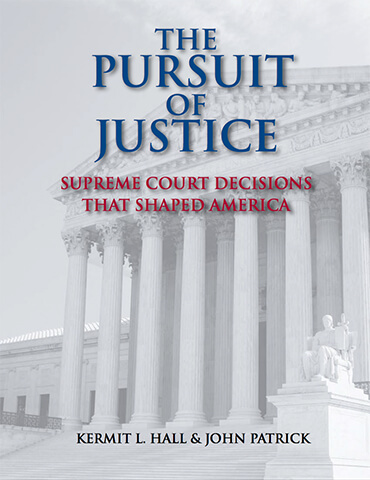The framers of the Constitution separated the powers of government into three branches, granting legislative power (the power to pass laws) to Congress, executive power (the power to administer the laws) to the President, and judicial power (the power to interpret laws and decide legal disputes) to the courts.
440 resources available
